We all know that diving is the most exciting way to explore the wonders of the underwater world. But diving also entails some risks that every diver should be aware of. Careful training and proper preparation make these events quite rare. In today's blog, we will learn about some of the risks associated with scuba diving and how to prevent them.
Decompression Sickness
Decompression sickness or also known as “the bends” is the most common risk of scuba diving. When you breathe in compressed air underwater, your tissues absorb more nitrogen gas. When a diver swims to the surface too fast, the pressure suddenly reduces and the extra nitrogen might form bubbles in your body tissues and blood. Those air bubbles cause a lot of pain and can result in severe tissue damage. Decompression sickness is mostly preventable by properly ascending to the surface at a slow rate, and performing the standard safety stop.
Drowning
Drowning typically occurs because of the diver panicking or because of the diver becoming unconscious due to other health-related problems. Diver panic can also occur because of a lack of oxygen or other emergencies. Proper training and effective buddy communication can help prevent diver panic and drowning.
Nitrogen Narcosis
Nitrogen narcosis is the feeling of giddiness or drunkenness that divers feel at deeper depths, usually occurring in the middle of a deep-sea dive. While not directly damaging, nitrogen narcosis causes a temporary reduction in reasoning, decision making, and motor coordination. This can lead the diver to make poor decisions, resulting in decompression sickness or other problems. When you feel any symptoms, please swim to the surface or dive in a shallow area.
Arterial Air Embolism
Arterial air embolism happens whenever a diver ascends quickly to the surface while holding their breath longer than usual, thus the air inside the lungs will become an air bubble and enter an artery which can travel to different organs of the body causing blockage, leading to serious or fatal damage. Arterial air embolism is preventable through careful diving and proper training.
Marine Life
One of the best parts of diving is seeing all the beautiful sea creatures up close, document your adventures by mounting your smartphone onto your underwater scooter! Most creatures of the sea are not aggressive or harmful towards divers. But it is important to always be alert of your surroundings and respect any marine creatures you may encounter. There have been cases where divers were attacked, even by usually harmless creatures, so you should always be careful around any marine creature and dive in a safe area.

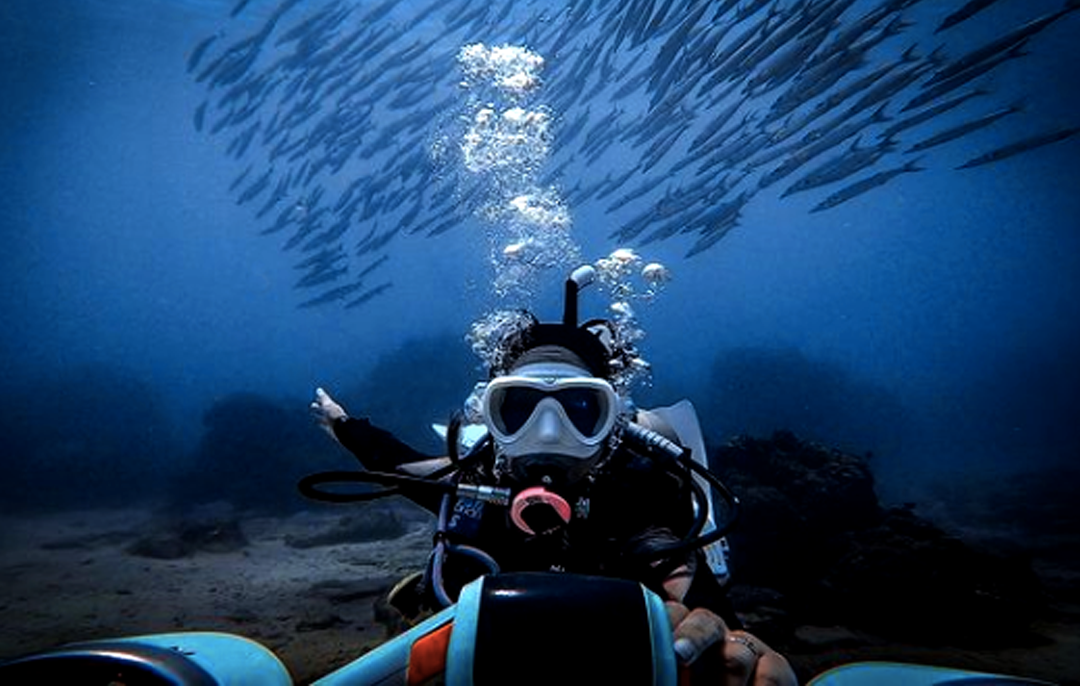



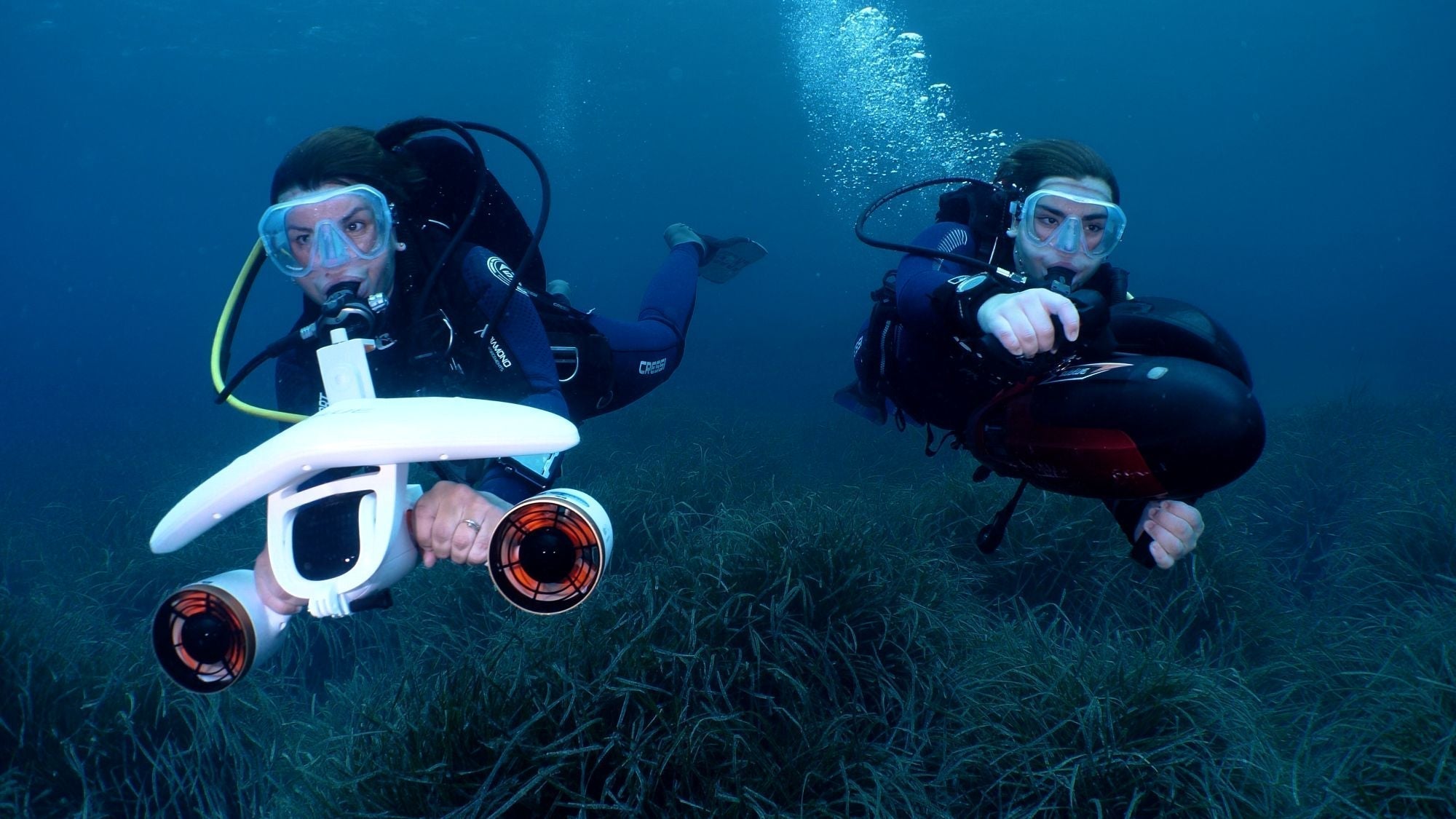
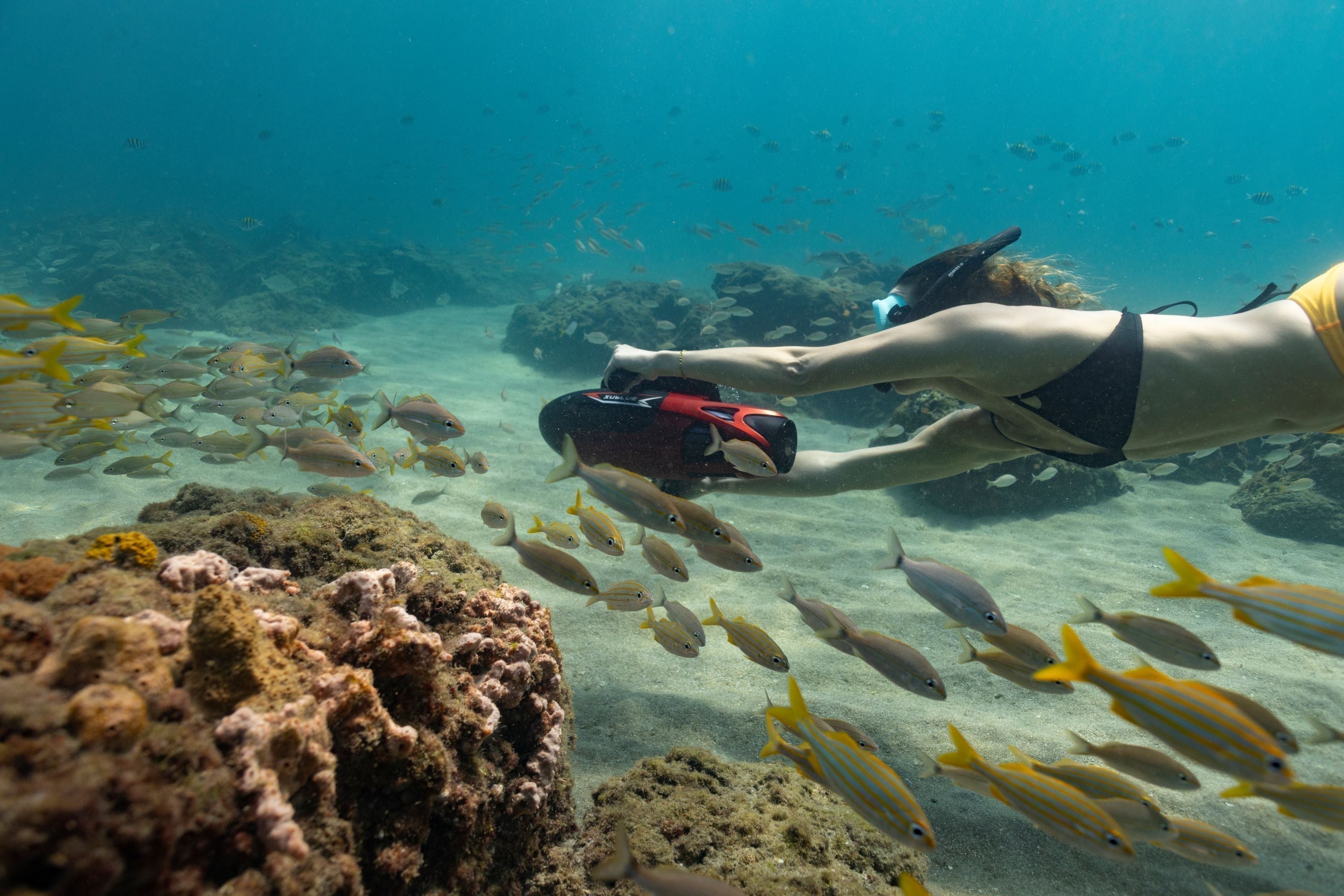
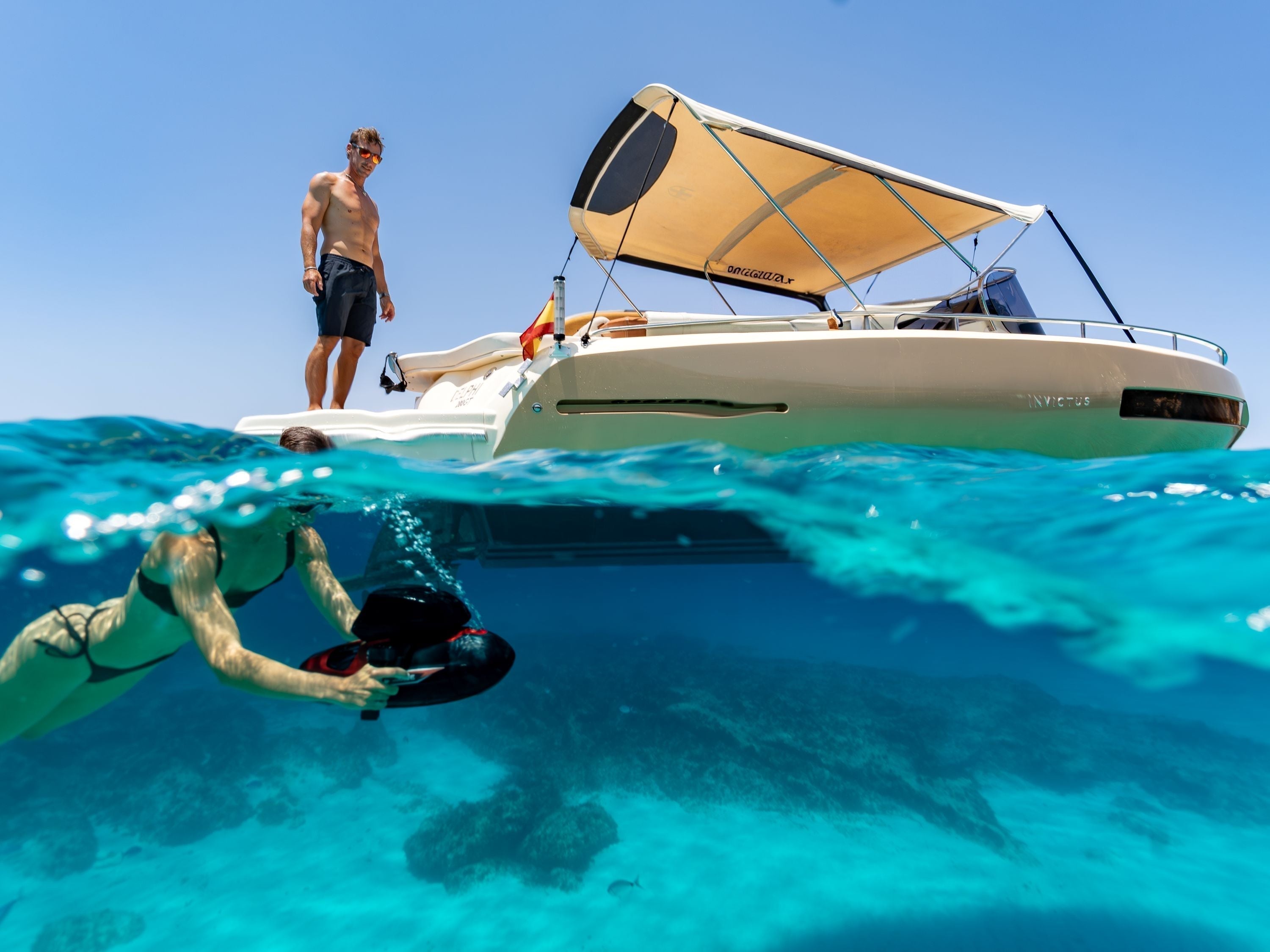
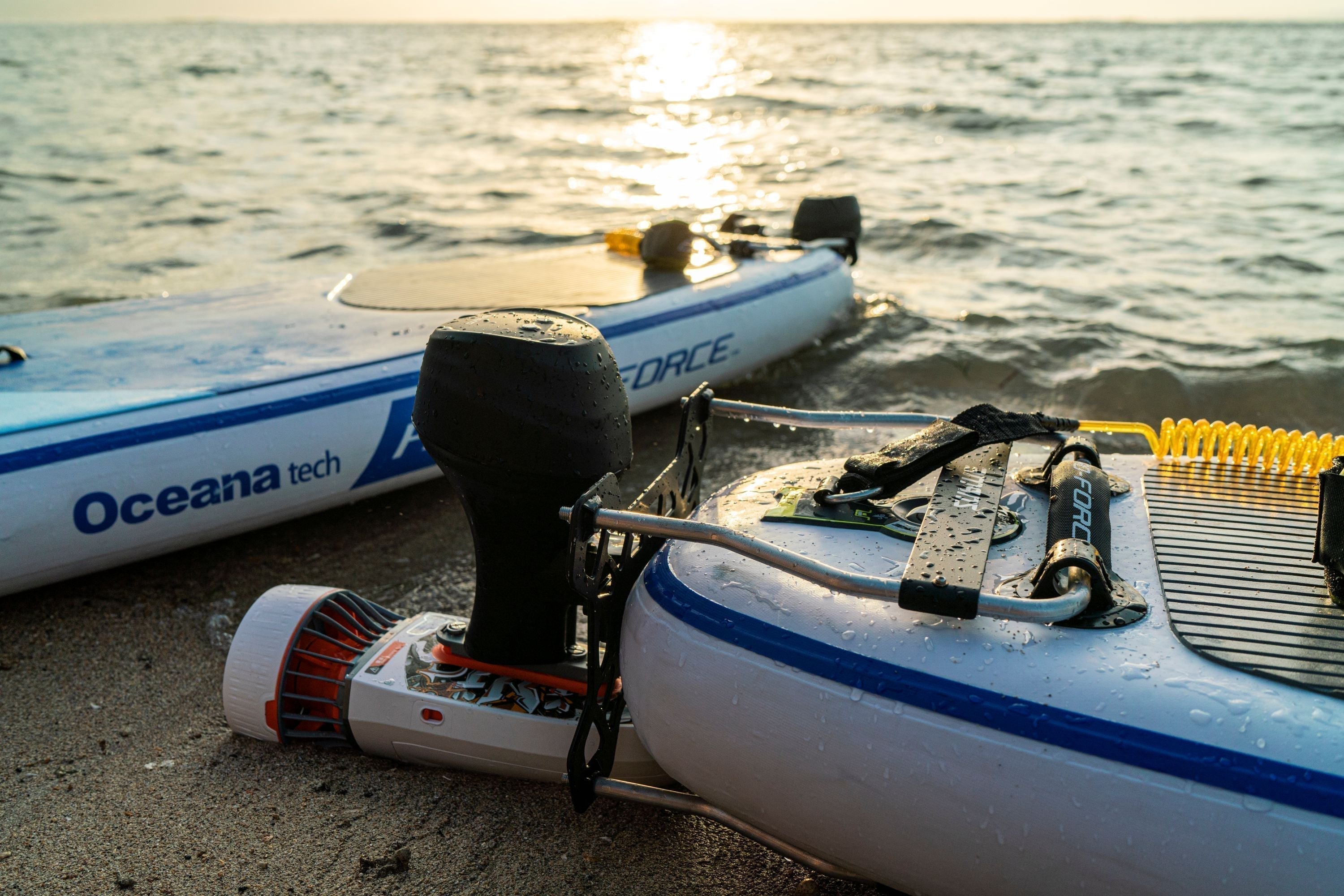
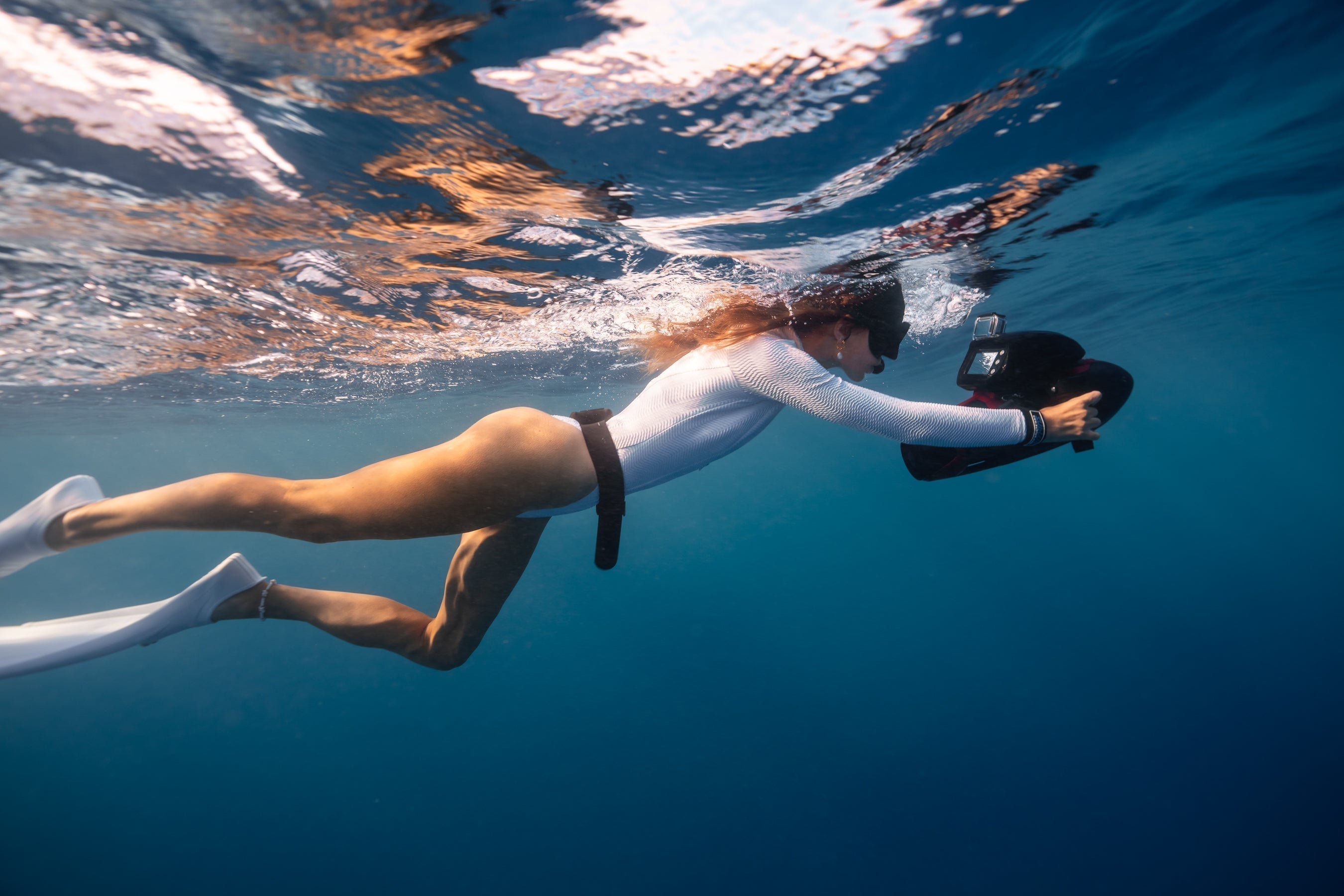


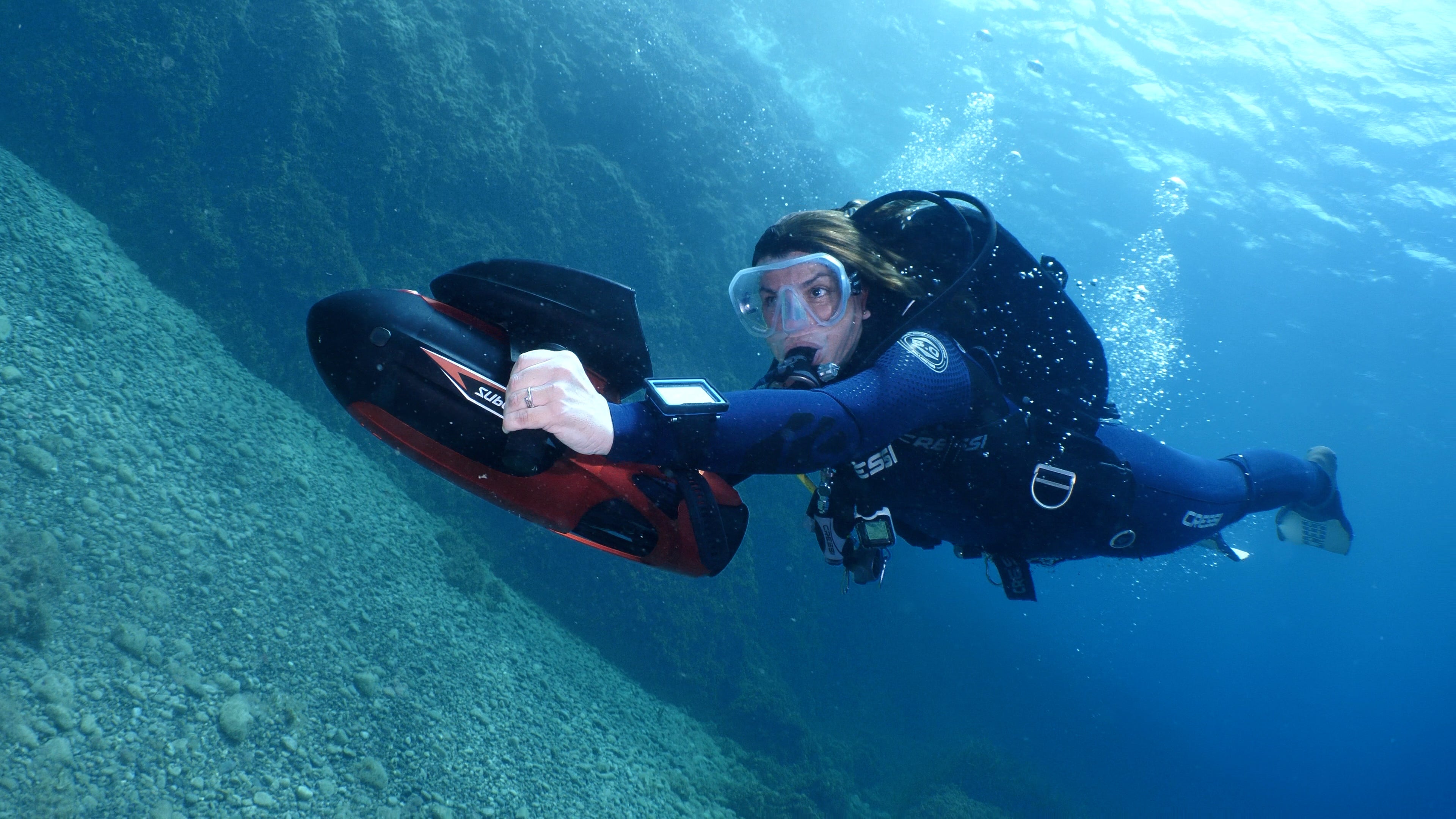
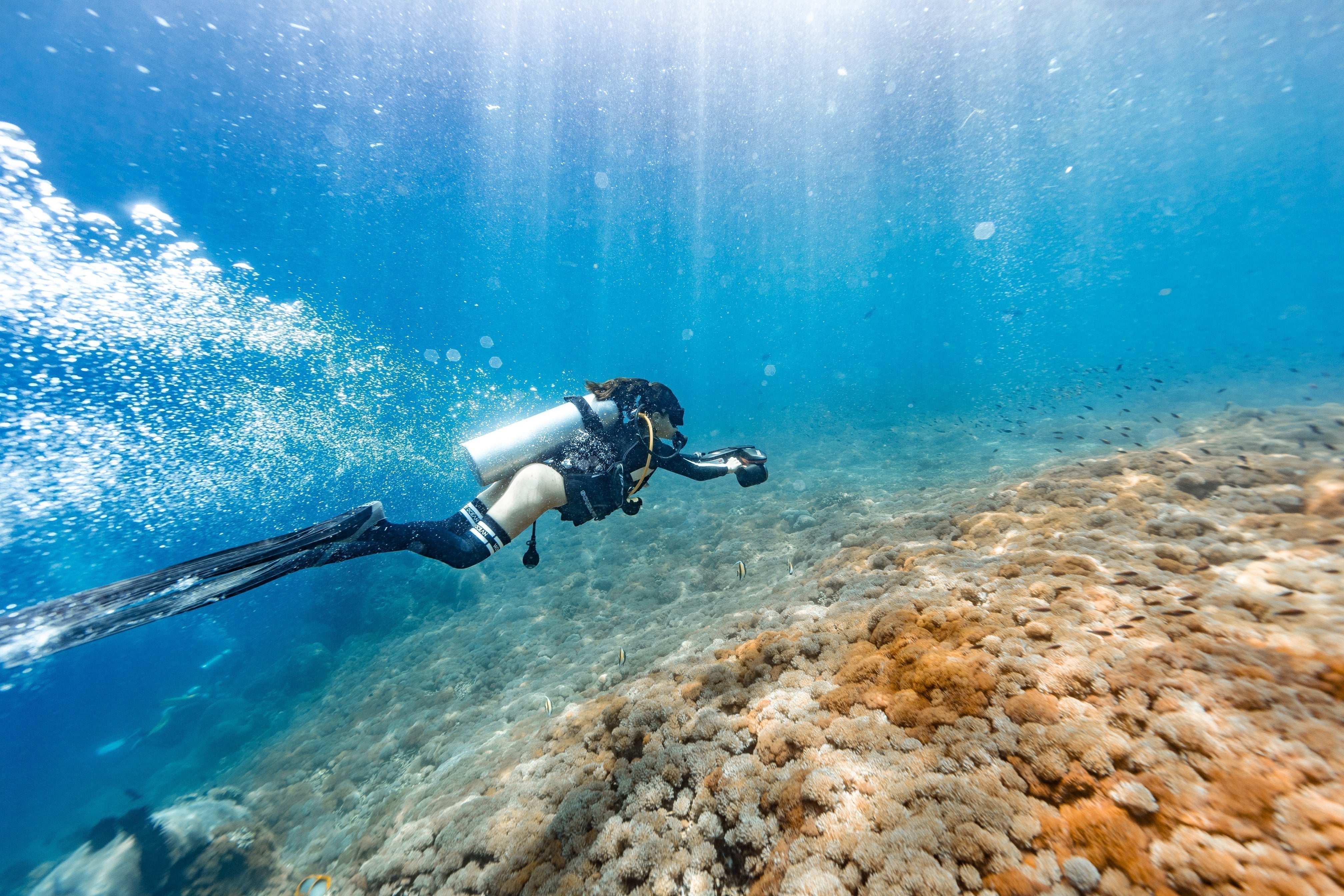
Share:
How To Become a Great Diving Buddy
Basics of Night Diving